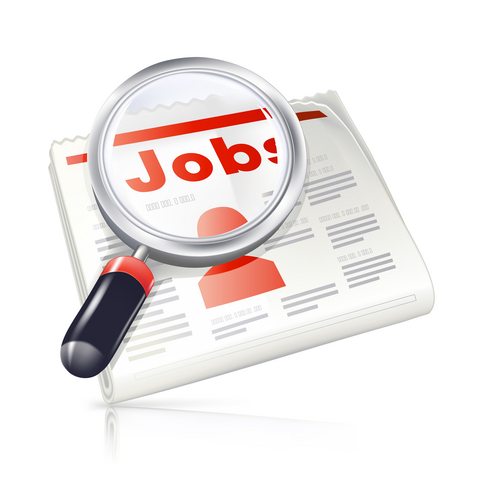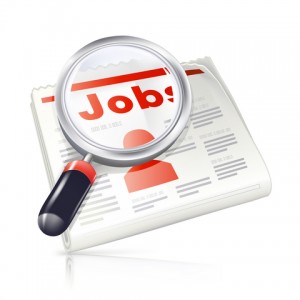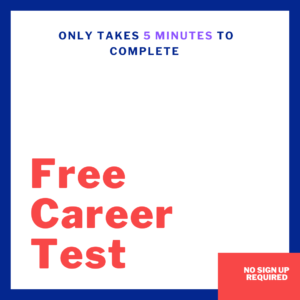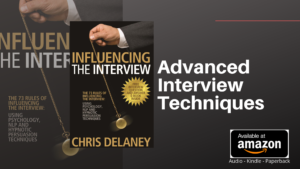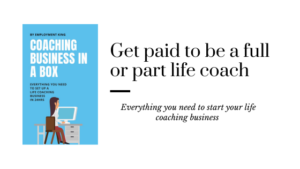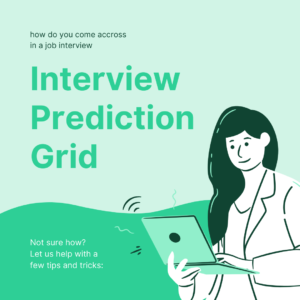5 Interview Strategies for Introverts
Interviewing for your dream job can be intimidating. To get the best outcomes, there are some steps you must follow. Being you is all that matters, but you cannot walk in with a braggy attitude and except to be nominated for the position; and you cannot keep your head down and avoid conflict either. There are some lines that should not be crossed and some tips to be aware of when interviewing.
Introverts have a hard time making a long-lasting impression. Overthinking might become unbearable and for some, even intolerable. Some people might get lost during the interview and blackout. Being nervous and stressed out about God knows what reason does not help either. If you are an introvert, here are some techniques that might help you focus.
Sponsored Ad
You can book an interview coaching session and/or a Mock Interview with an interview coach by e-mailing employmentking@gmail.com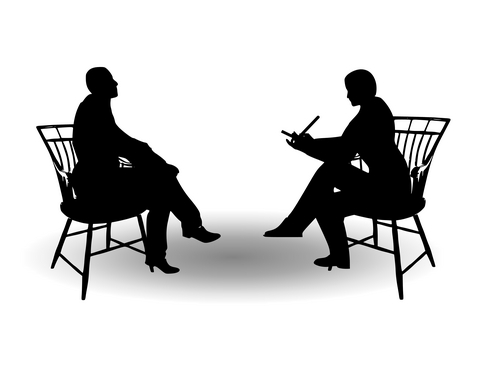 1. Map Out a Plan Beforehand
1. Map Out a Plan Beforehand
Before the day of the interview, map out a well-designed plan. Being in control of what happens will make everything easier for you. Focusing on a strategy is a good method to get rid of unwanted stress. Here is an example (of course, you can plan your days as you want, but that’s how I’d do it!):
• For at least one week before the interview, practice speaking. I know that this sounds terrifying for an introvert, but trust me – the more you practice, the better you become. When shopping, talk to a random person at the supermarket; when a colleague asks you something, ask them out for lunch and conversate; become inherently interested in what other people have to say.
• Two days before the interview, research the company well and come up with specific questions – make phone calls, stalk them on social media, ask a friend, do whatever you find necessary to have as much info about them as you can (nothing must surprise you when interviewing!).
• One day before the interview, try to relax. Even if you have work to do in the morning, take 20 minutes right after you wake up to meditate. Then work! In the afternoon, leave some time for yourself again to do what you like – go for a run, bike, or have a chat with a close friend.
• One night before the interview, read the questions you’ve prepared again. Meditate again if it fits you. Then sleep tight and wake up smiling!
• The day of the interview: BE CONFIDENT. You are prepared. You’re going to nail it!
2. Be Opened to Small Talk
Us, introverts, hate small talk – why would people talk randomly about random stuff? I totally understand your concern. But we must accept society as it is, and most of the times, do what’s required. A little bit of small talk won’t kill you. Here are some tips on how to survive it:
• Remember that the anxiety you’re feeling is not a threat, it’s an experience!
• Don’t force yourself to be in the spotlight – if you are an introvert, you are an introvert, full stop. Accept it, embrace it, love yourself!
• Try to answer questions integrally – when someone asks, “how are you?” tell them! Don’t say “good, how are you?” Tell them about your day, about your night, about your lifestyle – anything that pops up into your mind.
• Ask questions in return – after you’ve opened up to one person, ask them about their life. How are they doing? How was their day? How was their night? Be interested in others! You got the point?
• After ending a conversation, take mental notes of what could’ve gone better and improve your small talk skills with every dialogue you have!
3. The First and Last Impressions Matter
Clara Johnson, writer at a professional assignment writing service and life coach, shares her opinion. “Studies have shown that people who look confident become confident! If you have a strong hand shake and a straight posture as soon as you walk into the room, the recruiter will definitely notice your self-assured attitude.”
Another thing to remember is that you want to end the interview in a pleasant way. Show them you are made for the job until the end! Leave the room keeping the same straight posture, smile, and let them know you are truly interested. Shake hands again, be formal, but keep it natural.
4. Keep a Casual Tone
Your tone should match your recruiter’s. If you have a high-pitched tone, you’ll seem exhaustingly nervous. If you have a low-pitched tone, you’ll seem bored and unenthusiastic. Try to keep it somewhere between! I must highlight again: if you cannot figure that out on your own, match your interviewer’s voice.
5. Tell Them the Truth
I know you might not consider this the best choice right now but trust me: admitting that you are an introvert will make them like you more. Not everyone has the courage to own up to their weaknesses. Many people brag about their qualities when interviewed, yet when they’re asked, “what’s your biggest weak spot?” they freeze and have no answer.
And think about it: we are all anxious about being interview! That means we are all introverts in a way or another. Some people prefer to put on a mask and pretend they are completely unaffected by the situation, while others have the nerve to confess their uneasiness.
A complex employee knows his or her qualities and weaknesses and can always admit his or her mistakes. That makes them trustworthy, honorable, and reliable in any situation.
Wrapping Up
Map out a plan before the interview, be opened to small talk, make a good first and last impression, keep a casual tone, and be honest – these are the rules to getting your dream job!
AUTHOR BIO
Looking for an article full of depth, yet easy to comprehend? Barbara Mitchell has been involved in writing for a good amount of time. Being a part of media marketing on the net has also impacted on her life.
Interview Preparation Resources
Other People Who Read This Article Also Read:
- How to use Sales Psychology in Job Interviews
- How to read the Interviewers Facial Micro expressions
- How to prepare for an Interview
Sponsored Ad




